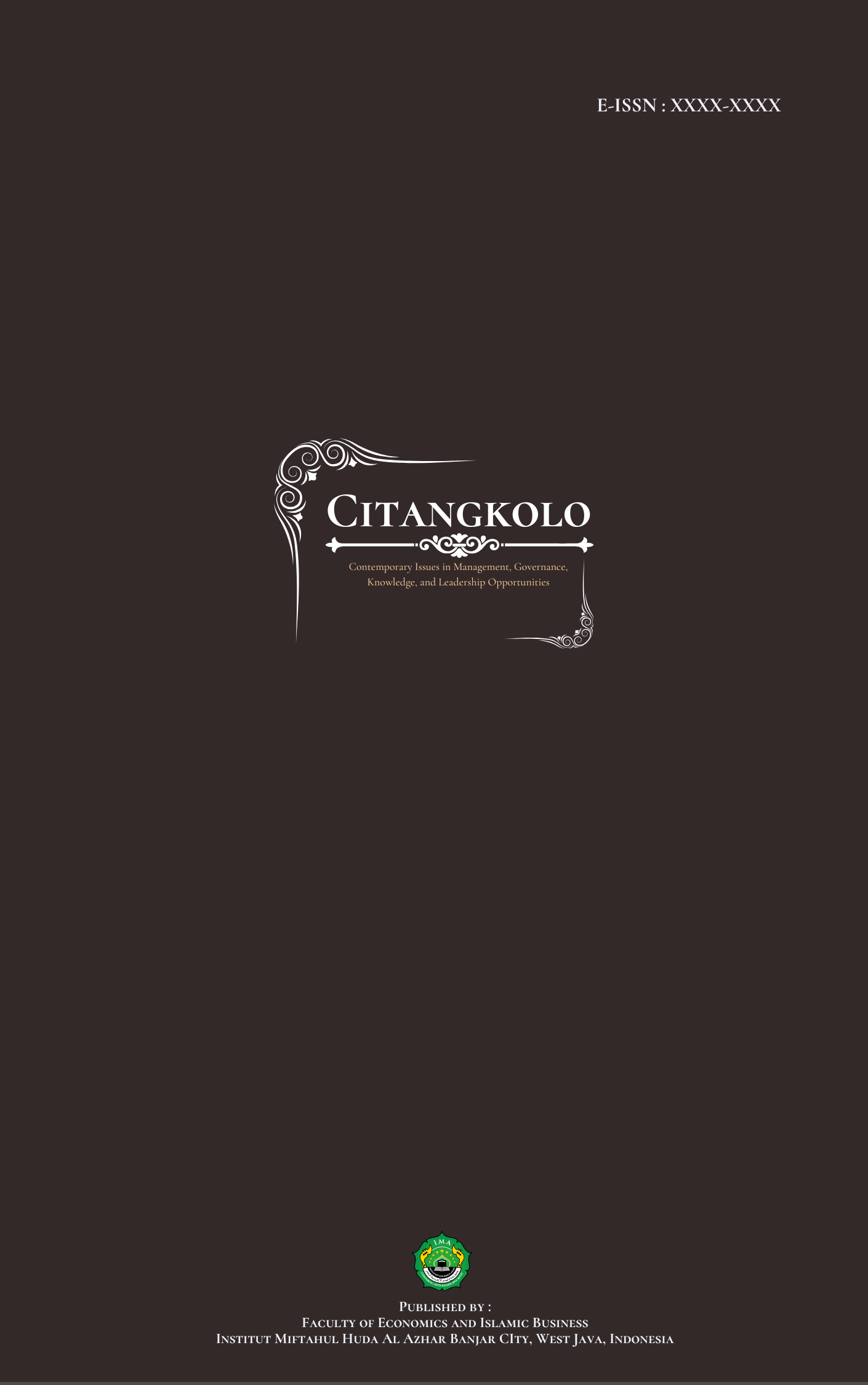Ibn Khaldun’s Thought on Leadership and Economic Governance: Relevance to Sustainable Development
Keywords:
Ibn Khaldun, Islamic governance, intellectual leadership, economic development, SDGs, MuqaddimahAbstract
Background: Ibn Khaldun, a prominent 14th-century Muslim scholar, developed key ideas on leadership, governance, and economic development. His work, Muqaddimah, offers insights that remain relevant to contemporary sustainable development challenges.
Methods: This study employs qualitative literature review and content analysis to examine Ibn Khaldun’s intellectual contributions within Islamic civilization’s context and their impact on modern governance and economic frameworks.
Results: Ibn Khaldun’s concepts of social cohesion (asabiyyah), taxation, labor, and leadership cycles highlight the importance of ethical governance and social justice. These align closely with Sustainable Development Goals (SDGs), particularly SDG 8 (Decent Work and Economic Growth) and SDG 16 (Peace, Justice, and Strong Institutions).
Discussion: His integrative approach combining ethics, governance, and empirical observation provides valuable insights for current development economics and leadership models, addressing modern global governance and sustainability issues.
Conclusion: Reassessing Ibn Khaldun’s thought enriches contemporary debates on governance and economic resilience, bridging Islamic intellectual heritage and modern sustainable development paradigms.
Novelty: This study positions Ibn Khaldun as a relevant thinker whose ideas offer foundational perspectives for addressing today’s interdisciplinary challenges in knowledge, governance, and economic sustainability.




